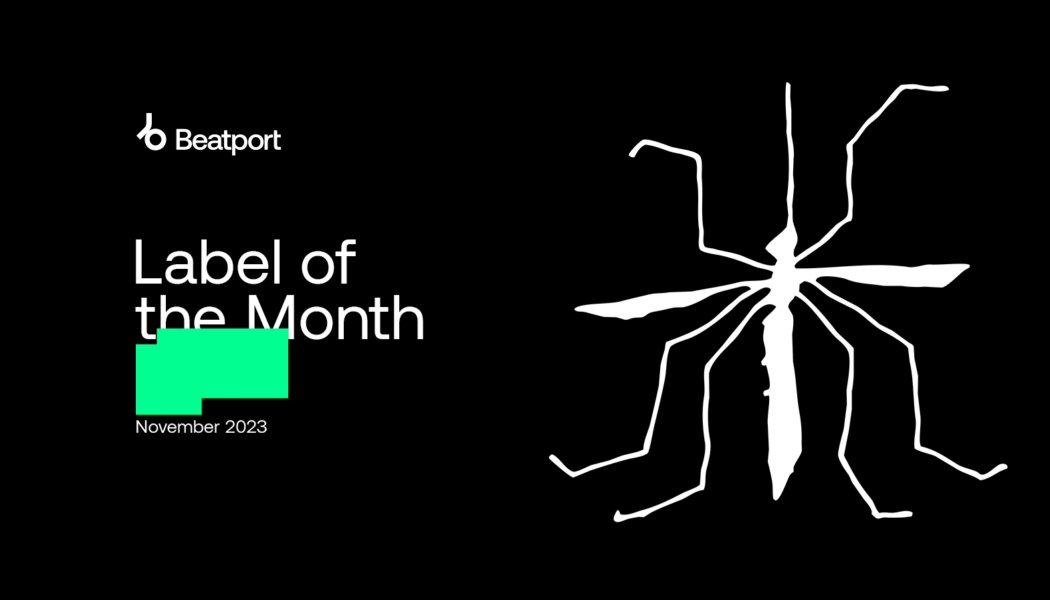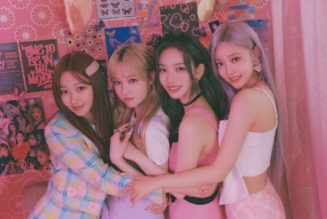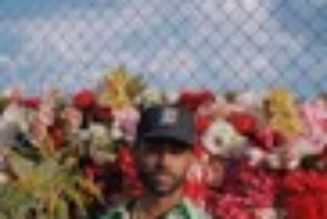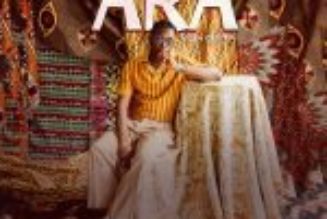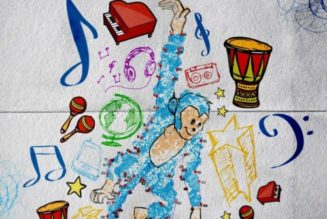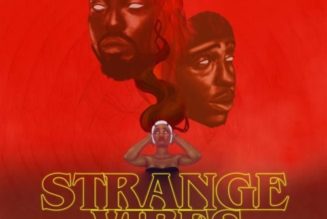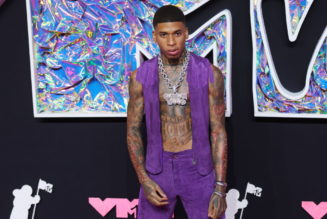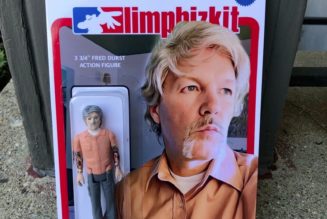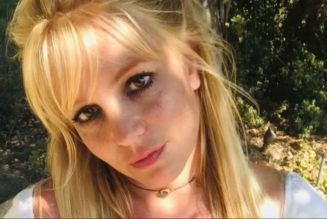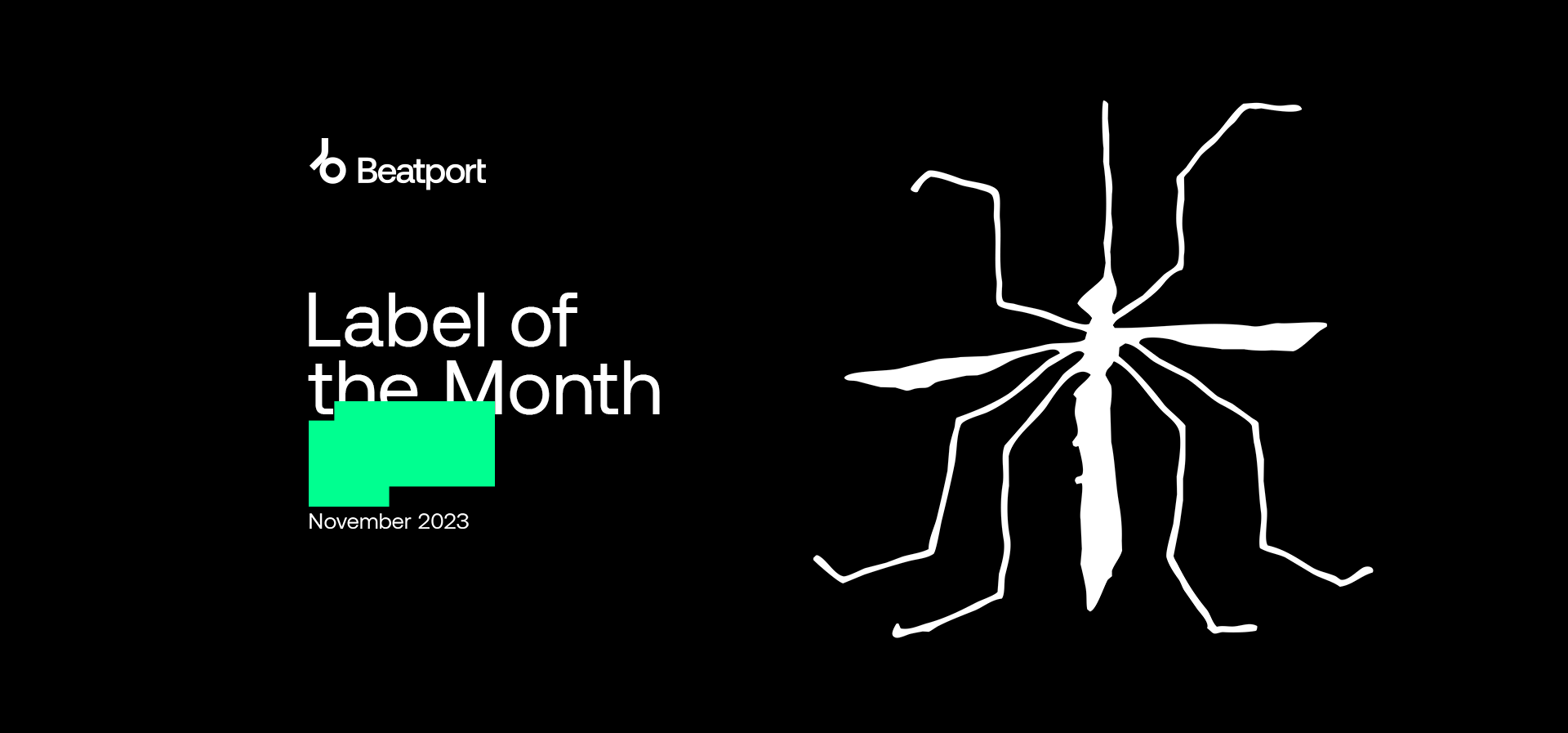
2023 has been Debru and Dilsizian’s busiest since launching Nyege Nyege festival eight years ago and Hakuna Kulala in 2017. The latter has released 48 records in digital, vinyl and cassette formats, helping to break through several names on an international level, like Slikback, Nihiloxica, Ecko Bazz, Pö and many more.
Before they started working together in 2013 at the Kampala Film School, Greek-Armenian Dilsizian grew up in Exarchia in Athens, where he promoted hip-hop parties in his early twenties. Debru, of French-Burundian heritage, “always had a connection with the [African] continent,” grew up in Belgium and discovered electronic music in Japan, where he studied in his early twenties.
Between lecturing at the film school, Debru and Dilsizian curated their own event series, Boutiq Electronique, where they platformed African artists from the kuduro and coupé-décalé scenes rather than mainstream acts from dancehall, reggae, and hip-hop. The parties inspired them to create their own arts collective, and so in 2015, they opened the recording studio, launched the artist residency programme and promoted the first Nyege Nyege festival. One year later, they co-founded Nyege Nyege Tapes to support micro-genres, like Singeli, electro Acholi, and electronic takes on traditional, percussion-based music from the region.
“But at the same time, we had set up the villa, where young producers were coming to do residencies and learn about music production,” recalls Dilsizian. “And the output of that was more like young kids here interested in club music, fusing African music with sounds that we were hearing from abroad, and music that we were introducing them to,” he says, citing Underground Resistance, Drexciya and Amnesia Scanner. “So it was almost like a separate stream of music coming out at that point, and there was so much of it. So it made sense to hone it onto a different label.”
Today, most of the releases on Hakuna Kulala stem from artists in residency at the villa. “There are even a lot of artists who weren’t making music when we met them who are now on the label, like Authentically Plastic,” says Debru. “And a few artists who were coming to our parties early on as revellers, and later got into music, and then started making music,” adds Dilsizian.
